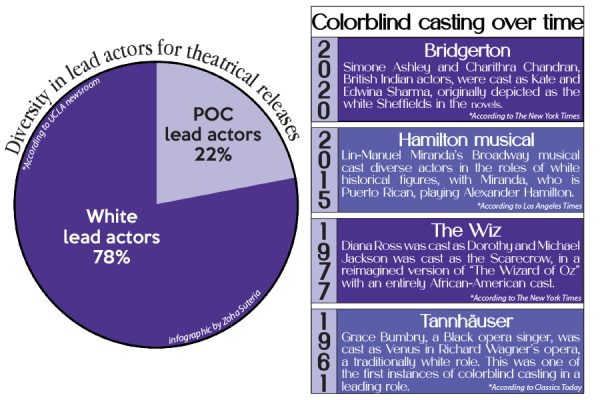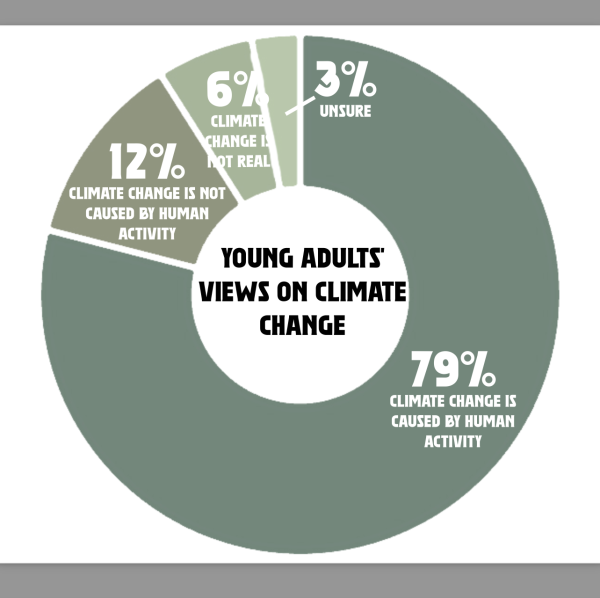Competition with college admissions
March 4, 2022
Your admissions status has been updated.
I was in the car with my parents when I received the email, and my hands shook with excitement and nerves as I opened the letter that would decide my future.
Congratulations! You have been accepted….
The next few minutes consisted of screams of joy and a barrage of frantic texts as I updated my friends of the exciting news. I had gotten into my reach school, and I couldn’t be happier.
However, school the next day was not quite as enjoyable.
I knew that many of my classmates had applied to the same school, and I wasn’t going to bring up my recent admission because many of my classmates had been deferred or rejected.
Some of my classmates had other plans.
Many of my peers commented about my acceptance, saying things like “I didn’t realize you were smart,” or my favorite, “Didn’t you just get in because you’re Hispanic?”
This comment was made multiple times, and although it was worded differently each time, the message stayed the same: It wasn’t my grades that I had spent years working on, or the college essays that I had edited for hours, or the test scores that I spent numerous weekends studying for. It was the ethnicity box I had checked on my CommonApp that had determined my acceptance.
This experience caused me to reflect on the role that affirmative action plays in college admissions, and how it has both its benefits and downfalls. I had never seen my Hispanic heritage as my defining factor when it came to college admissions. However, I realized that might not be true for other people.
There is no denying that affirmative action has helped many people of color achieve a college education, that it has been beneficial for many, especially for lower income minorities.
But I have also experienced firsthand how it can cause some people to believe that a person’s race decides their college acceptance. People may view an accepted student as qualified due to their skin color, when in reality, they are just a qualified student who happens to be a minority.
Many prospective students may struggle with deciding what factors accounted for their acceptance. But maybe we should stop trying to pinpoint an exact reason for someone’s acceptance, and just appreciate the fact they got into the school. I have heard from many peers- and I am guilty of saying it myself- that when we hear a person got into an extremely competitive school, we justify it by saying things such as “Oh, but their parents went there,” or “They chose an easier major” to explain why they were accepted over us.
The reality is that college decisions are a giant question mark. Maybe being a legacy is what distinguishes one application from another. Maybe having a less common major is what allowed someone to get into a school.
But by assuming that only one fact on someone’s application is the entire reason that they were accepted, we are fueling a competitive, never-ending cycle that only serves to tear others down.
Being Hispanic may have been what stood out to college admissions when they reviewed my file.
It may not have been.
That is something that I will never know, no matter what everyone else’s opinions are. What I do know is that I am more than just a checkbox on an application, and I hope others are able to see this about themselves as well.















